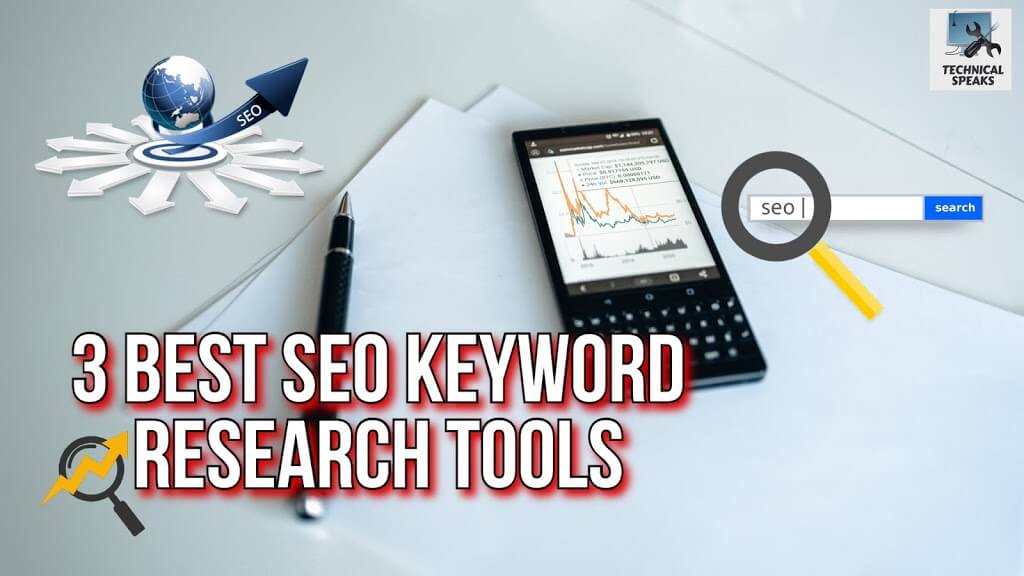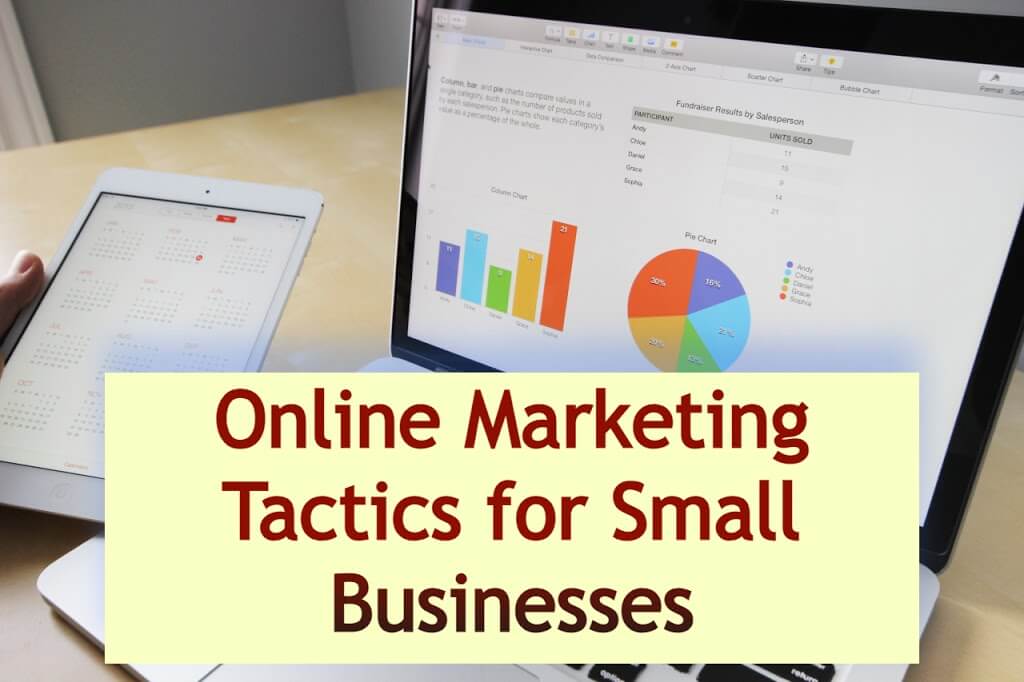As more companies invest in digital advertising, there is a growing need for qualified Pay-Per-Click (PPC) executives. PPC provides a stimulating starting point with enormous growth potential for newcomers wishing to pursue a career in digital marketing. However, it can be difficult to ace your first PPC interview if you don’t know what questions employers will ask.
We’ve put together a list of the top 10 PPC executive interview questions and answers ever for freshmen to aid in your preparation. Recruiters expect you to know basic concepts, practical knowledge, and real-world scenarios, all of which are covered in these questions.
1. What is PPC and how does it operate?
In the online advertising model known as PPC (Pay-Per-Click), advertisers are charged a fee each time their ad is clicked. It’s a method of purchasing website traffic rather than obtaining it naturally.
- Advertisers place bids on particular keywords that are pertinent to their intended market.
- The advertisements show up in search results when users look for those keywords.
- The cost per click, or CPC, is the amount that the advertiser must pay if the user clicks on the advertisement.
For instance, when a user searches for “buy running shoes online,” a shoe retailer bidding on that term will see their advertisement.
2. Which platforms are most frequently used for PPC campaigns?
In response, the most popular PPC platforms are:
- The most widely used platform is Google Ads (formerly Google AdWords), which includes YouTube, search, display, and shopping ads.
- Microsoft Advertising (Bing Ads): advertisements on the search engines Yahoo and Bing.
- Facebook, Instagram, LinkedIn, and Twitter ads are examples of social media ads that use the pay-per-click (PPC) model.
Since Google Ads controls the PPC market, concentrate on it as a newbie.
3. How do CPC, CPM, and CPA differ from one another?
The following are typical PPC campaign pricing models:
- Cost Per Click, or CPC, is the price that advertisers pay for each click on their advertisement. For instance, spending ₹15 for each click on a Google search ad.
- Cost per mille, or CPM, is the price that advertisers pay for each 1,000 impressions (ad views), whether or not they are clicked. For instance, ₹200 gets you 1,000 ad impressions.
- Advertisers only pay when a certain action takes place, such as a purchase, signup, or download, according to CPA (Cost Per Acquisition/Action). Example: When a user buys something through the advertisement, ₹500 is paid.
While CPM is frequently utilized in display campaigns, CPC is most frequently utilized for search ads.
4. What is Google Ads’ Quality Score and what does it mean?
Google’s assessment of the quality and relevancy of your landing pages, ads, and keywords is known as your Quality Score. It has a score between 1 and 10.
Elements that affect the Quality Score:
- Click-Through Rate, or CTR, is the frequency with which users click on your advertisement.
- Ad Relevance: the degree to which your advertisement aligns with user intent.
- Landing Page Experience: ease of use, speed, and pertinence.
Significance: A higher Quality Score increases ad rank and decreases CPC, increasing the cost-effectiveness of your campaigns.
5. What distinguishes display ads from search ads?
Response:
- Text-based advertisements that appear on search engines when users actively look for particular keywords are known as search ads. For instance, a search for “Best hotels in Delhi” displays hotel advertisements.
- Visual banner or image ads that appear on YouTube, apps, and websites are known as display ads. These use remarketing, demographics, or interests to target users.
Demand capture (users actively searching) = search ads.
Display ads generate demand by raising awareness.
6. Describe negative keywords and explain their significance.
In order to keep your ads from appearing for irrelevant searches, you should exclude negative keywords from your campaigns.
For instance:
- You might include the negative keywords “cheap” or “free” if you sell high-end shoes.
- This guarantees that your advertisement won’t show up for “cheap shoes online.”
Significance: Negative keywords increase ad relevance, prevent wasted clicks, and save money.
7. What are Ad Extensions and what kinds are there?
Ad extensions give your ads more information, which increases their engagement and raises their click-through rate.
Ad Extension Types:
- Sitelink Extensions: Provide links to particular webpages.
- Call Extensions: Display phone numbers.
- Location Extensions: Show the company’s address.
- Callout Extensions: Emphasize deals such as “Free Shipping.”
- Product/service categories are displayed in structured snippets.
For instance, an extension-equipped restaurant advertisement might have links to the menu, reservations, directions, and contact information.
8. What does PPC remarketing mean?
Remarketing is a PPC tactic that focuses on people who have already visited your website but did not complete a purchase. They see advertisements on YouTube, Google Display Network, and social media sites.
For instance, remarketing advertisements will appear on other websites to remind users to finish the purchase if they browse a laptop on an e-commerce site but leave without making a purchase.
Benefit: Since you’re focusing on warm leads who have already expressed interest, conversions will increase.
9. How is a PPC campaign’s success determined?
The following crucial metrics can be used to gauge success:
- Click-Through Rate, or CTR, indicates how appealing your advertisement is.
- The percentage of clicks that lead to desired actions (purchases, signups, etc.) is known as the conversion rate.
- The cost per click, or CPC, is the amount you pay for each click.
- The cost per acquisition, or CPA, is the amount you pay for each conversion.
- Return on Ad Spend, or ROAS, is the ratio of revenue to ad spend.
For instance, your ROAS is five times if you spend ₹10,000 on advertisements and make ₹50,000 in sales.
10. Why should we hire you as a fresh PPC executive?
“As a fresher, I bring strong theoretical knowledge of PPC concepts, a willingness to learn quickly, and a passion for digital marketing,” is the suggested response for new hires. I understand the fundamentals of campaign management, keyword research, and Google Ads. I am sure that, with my commitment and analytical mindset, I can make a valuable contribution to your PPC campaigns and obtain practical experience under your direction.
Pro Tip: Instead of concentrating solely on experience, demonstrate zeal, flexibility, and a desire to learn.
Extra Advice for New Hires Getting Ready for a PPC Interview
- Become Google Ads Certified: Google offers free certifications that demonstrate legitimacy.
- Practice on Demo Accounts: To learn about campaign setup, create simulated campaigns.
- Keep Up to Date To learn about market trends, follow PPC blogs (Search Engine Journal, WordStream, and PPC Hero).
- Understand the Fundamentals of Analytics: Candidates who can analyze results are highly valued by employers.
Concluding remarks
It doesn’t have to be too difficult for a new employee to prepare for a PPC executive interview. Instead of focusing on your advanced expertise, most recruiters look at your basic knowledge, analytical abilities, and willingness to learn. You’ll feel more confident going into the interview if you practice these top 10 PPC executive interview questions and answers.
Keep in mind that PPC is a results-driven industry, so demonstrate your grasp of the fundamentals, strategic thinking, and dedication to ongoing development. You’ll be prepared to begin your career as a prosperous PPC specialist.








